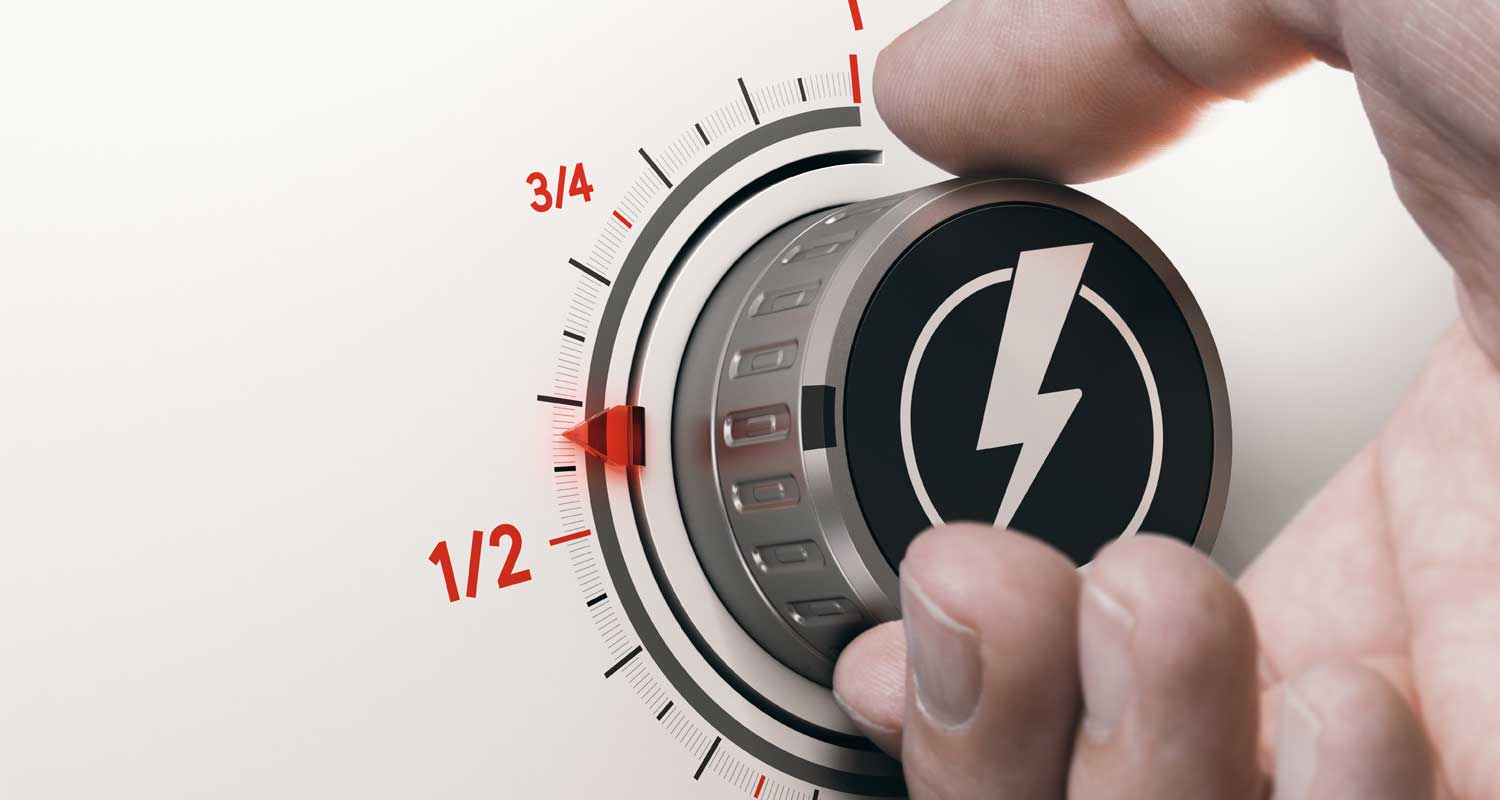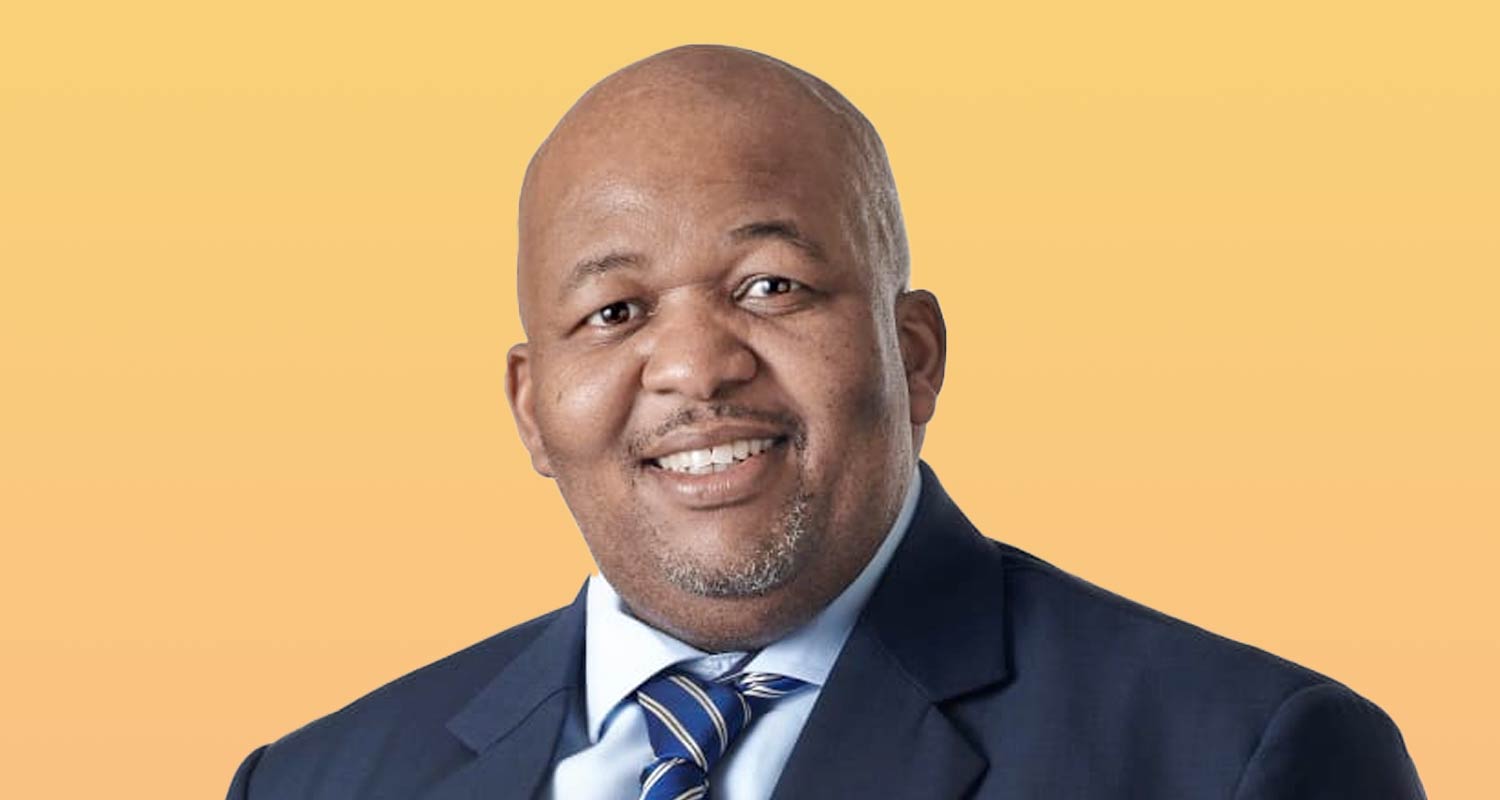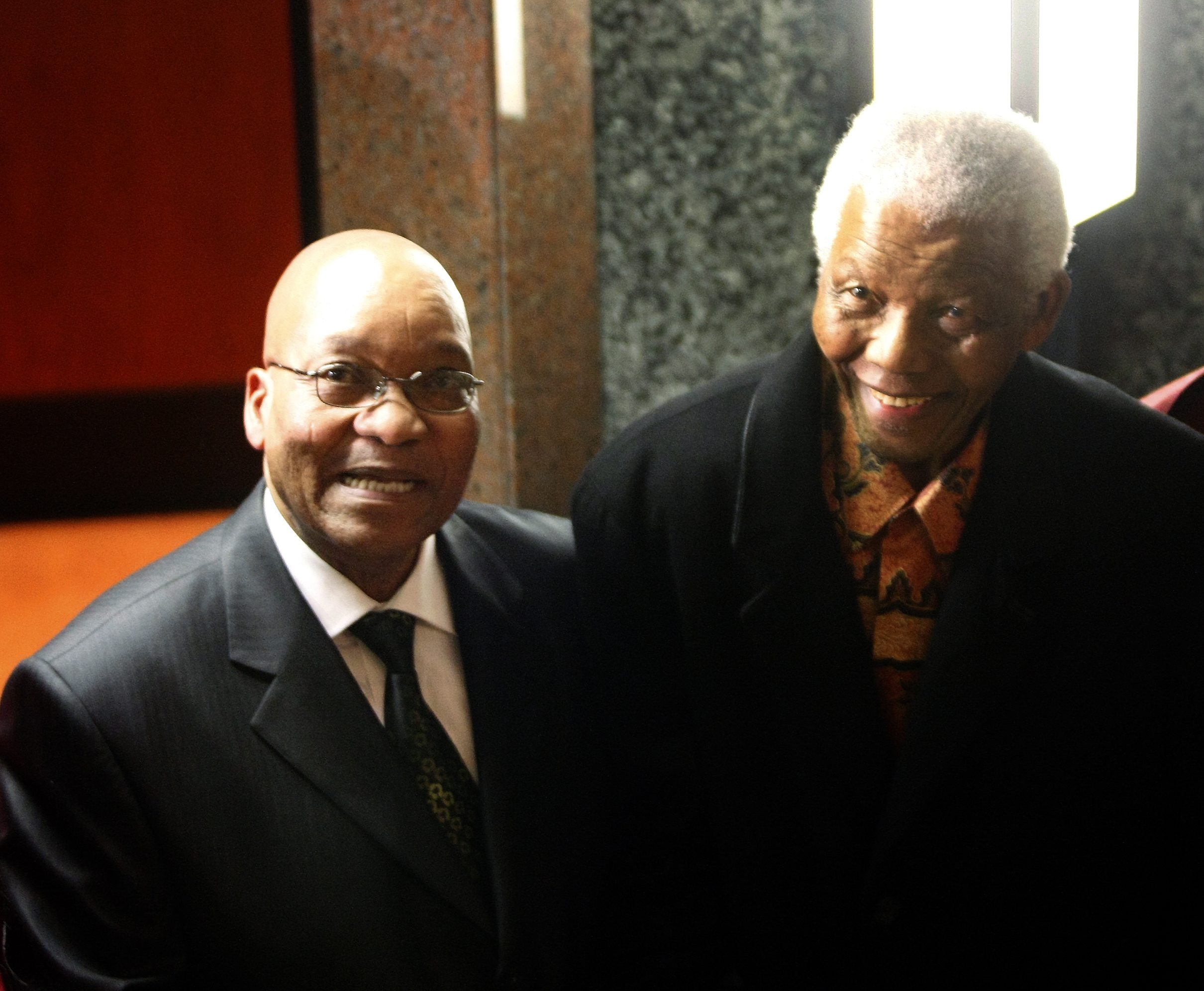 South Africa is enjoying a rare streak of uninterrupted electricity right before elections, drawing more suspicion than praise in a nation that’s become accustomed to the daily power cuts that have dragged on for years.
South Africa is enjoying a rare streak of uninterrupted electricity right before elections, drawing more suspicion than praise in a nation that’s become accustomed to the daily power cuts that have dragged on for years.
The country is currently in its fourth successive week of no outages — the longest period South Africans have consistently had electricity supply in more than two years.
The recovery coincides with political parties ramping up their campaigns before the 29 May vote, in which the ANC risks losing its parliamentary majority for the first time in three decades. Almost two-thirds of people in a BrandMapp-Silverstone survey last year said they’d consider not voting for the ANC because of power cuts.
A prolonged resumption of the outages is likely to result in a lower voter turnout — a scenario that could work in favour of the Democratic Alliance, which has previously had a good record in getting its supporters to cast ballots.
The DA has put the improved power supply down to the state quadrupling the billions of rands it spends on diesel to run emergency plants over the past four years. The government insists it’s the result of the work state utility Eskom has done on repairing its facilities.
“While some think that this is an electioneering strategy, I want to [assure you] that it is not,” deputy President Paul Mashatile said in a speech to businessmen on 30 April. “This reality is just the evidence of improvements in the entity’s operations.”
For more than a decade, power cuts in South Africa have disrupted lives, increased costs for companies and curbed economic growth.
Deterioration under Ramaphosa
When President Cyril Ramaphosa won the last election in 2019, he pledged to stabilise the national electricity grid. Instead, the system steadily deteriorated as processes to build new plants were delayed and soldiers had to be deployed to stop corruption and sabotage at existing facilities.
ANC missteps in addressing the energy crisis range from the disruption of government auctions to procure privately generated power, to delayed blueprints that map out future energy needs.
Still, there have been positive developments such as a licence exemption for all generation projects. And in the run-up to the election, the ANC has highlighted campaigns such as a R40-million programme in Gauteng — the nation’s commercial hub where the party’s rule is under threat — to replace faulty electricity transformers.
Read: Stage-16 load shedding ‘unlikely ever to happen’
Some demand has been absorbed by a surge in rooftop solar installations and more private developers that offer supply to commercial and industrial consumers. Eskom has also fixed some of its biggest plants.
The use of open-cycle gas turbines that were designed for peak-demand periods and run on diesel have been operated at all hours to stave off worse blackouts, known locally as load shedding.
 Eskom CEO Dan Marokane
Eskom CEO Dan MarokaneThat’s been a costly option. The utility has spent R65-billion since 2020 on diesel, public enterprises minister Pravin Gordhan said in a parliamentary reply, citing information from Eskom.
More than a third of that total occurred in the 2024 financial year that ended in March. Consumption has reached a point where ships are used to store additional fuel because onshore tanks are too small.
Repairs to its plants have led Eskom to forecast lower stages of rolling blackouts over upcoming winter months when electricity demand increases, raising the vulnerability of the grid.
The utility has reported a 9% reduction in unit breakdowns since April 2023 and spent 50% less on diesel this month compared with last year. Eskom CEO Dan Marokane said on 26 April that the utility has seen a “structural shift” that shows an improvement in the reliability of the fleet of power plants.
Still, political opponents are using the power crisis as fodder as the vote nears.
The Inkatha Freedom Party, the third-biggest opposition party, called efforts to stabilise the electricity supply an “election ploy” and pointedly referenced South Africa’s proudest recent sporting victory when the televisions stayed on.
“We must recall that less than 24 hours after the Springboks won the 2023 Rugby World Cup, load shedding returned to the country,” it said. “The IFP will not be surprised if load shedding resumes shortly after the elections.” — Additional reporting by Simbarashe Gumbo, S’thembile Cele and Mike Cohen, (c) 2024 Bloomberg LP



 2 weeks ago
70
2 weeks ago
70

















